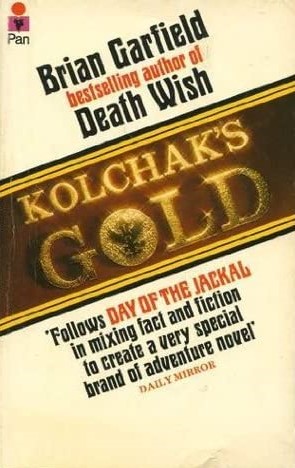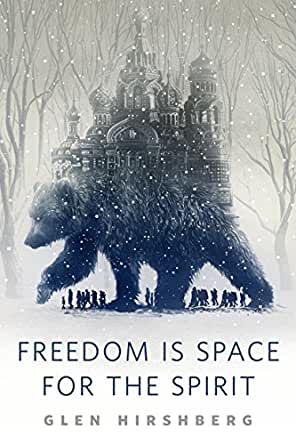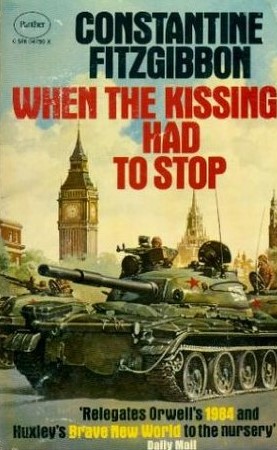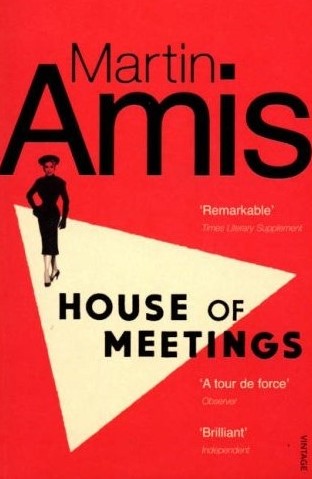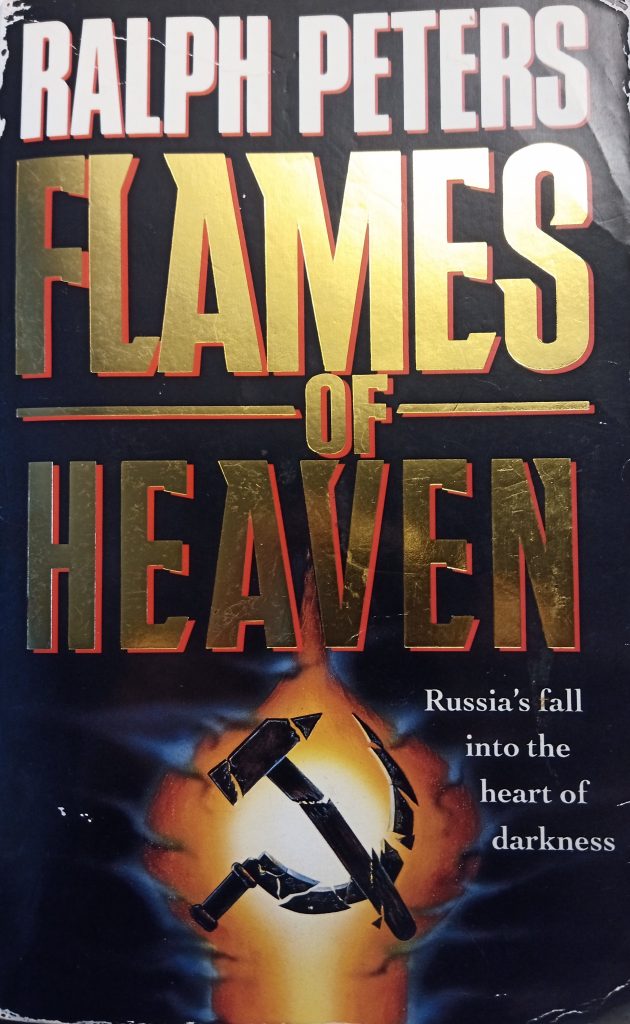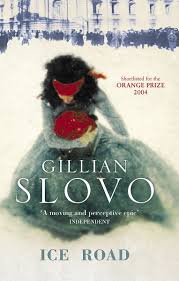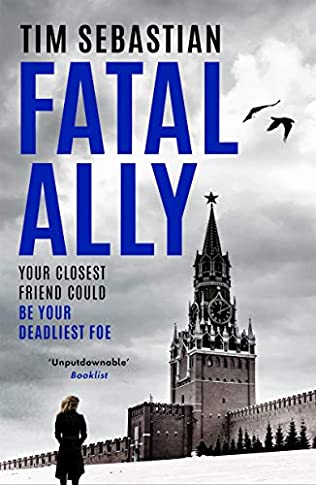Ralph Peters is a distinctive author when it comes to military novels written in English around the end of the Cold War era; he writes whole novels with Soviet characters only. As noted in our review of his stand-out Red Army (1989), Peters tends to focus in on a small range of characters, rather than panning out to the geopolitical level of strategy and national leadership.
Flames of Heaven is set in 1990 and depicts the violence of protest and uprising in the Soviet republics, as the writ of the Communist Party of the Soviet Union shrinks whilst anti-Russian feeling on the Soviet periphery grows.
All of which would have been touted by Russia in Fiction as to some degree prescient had Flames of Heaven been published in 1990 or 1991. What we had trouble getting our heads around was that the novel came out in 1993, by which time everyone knew that the Soviet Union had collapsed, and had done so with remarkably little bloodshed.
But when we did get our heads around the publication date question, Flames of Heaven grew in stature as a convincing portrayal of the pre-collapse Soviet Union, where the enormity of what was to come was not yet grasped even by those close to its unfolding.
Continue reading
